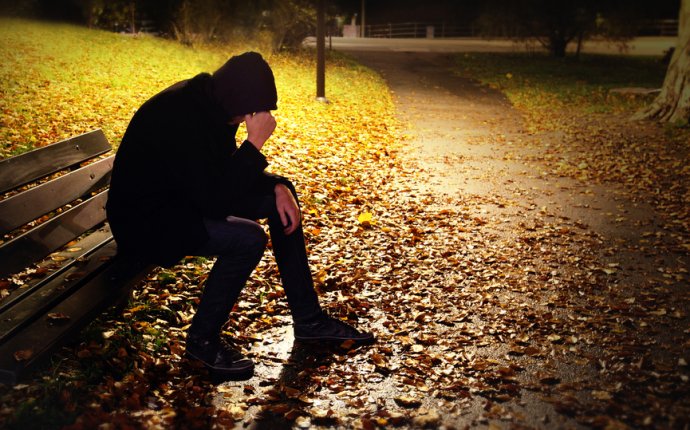
Abandonment Issues Psychology
When children are raised with chronic loss, without the psychological or physical protection they need and certainly deserve, it is most natural for them to internalize incredible fear. Not receiving the necessary psychological or physical protection equals abandonment. And, living with repeated abandonment experiences creates toxic shame. Shame arises from the painful message implied in abandonment: "You are not important. You are not of value." This is the pain from which people need to heal.
For some children abandonment is primarily physical. Physical abandonment occurs when the physical conditions necessary for thriving have been replaced by:
- lack of appropriate supervision
- inadequate clothing, housing, heat, or shelter
- physical and/or sexual abuse
Children are totally dependent on caretakers to provide safety in their environment. When they do not, they grow up believing that the world is an unsafe place, that people are not to be trusted, and that they do not deserve positive attention and adequate care.
Emotional abandonment occurs when parents do not provide the emotional conditions and the emotional environment necessary for healthy development. I like to define emotional abandonment as "occurring when a child has to hide a part of who he or she is in order to be accepted, or to not be rejected."
Having to hide a part of yourself means:
- it is not okay to make a mistake.
- it is not okay to show feelings, being told the way you feel is not true. "You have nothing to cry about and if you don't stop crying I will really give you something to cry about." "That really didn't hurt." "You have nothing to be angry about."
- it is not okay to have needs. Everyone else's needs appear to be more important than yours.
- it is not okay to have successes. Accomplishments are not acknowledged, are many times discounted.
Other acts of abandonment occur when:
- Children cannot live up to the expectations of their parents. These expectations are often unrealistic and not age-appropriate.
- Children are held responsible for other people's behavior. They may be consistently blamed for the actions and feelings of their parents.
- Disapproval toward children is aimed at their entire beings or identity rather than a particular behavior, such as telling a child he is worthless when he does not do his homework or she is never going to be a good athlete because she missed the final catch of the game.
Many times abandonment issues are fused with distorted, confused, or undefined boundaries such as:
When parents do not view children as separate beings with distinct boundaries
When parents expect children to be extensions of themselves
When parents are not willing to take responsibility for their feelings, thoughts, and behaviors, but expect children to take responsibility for them









